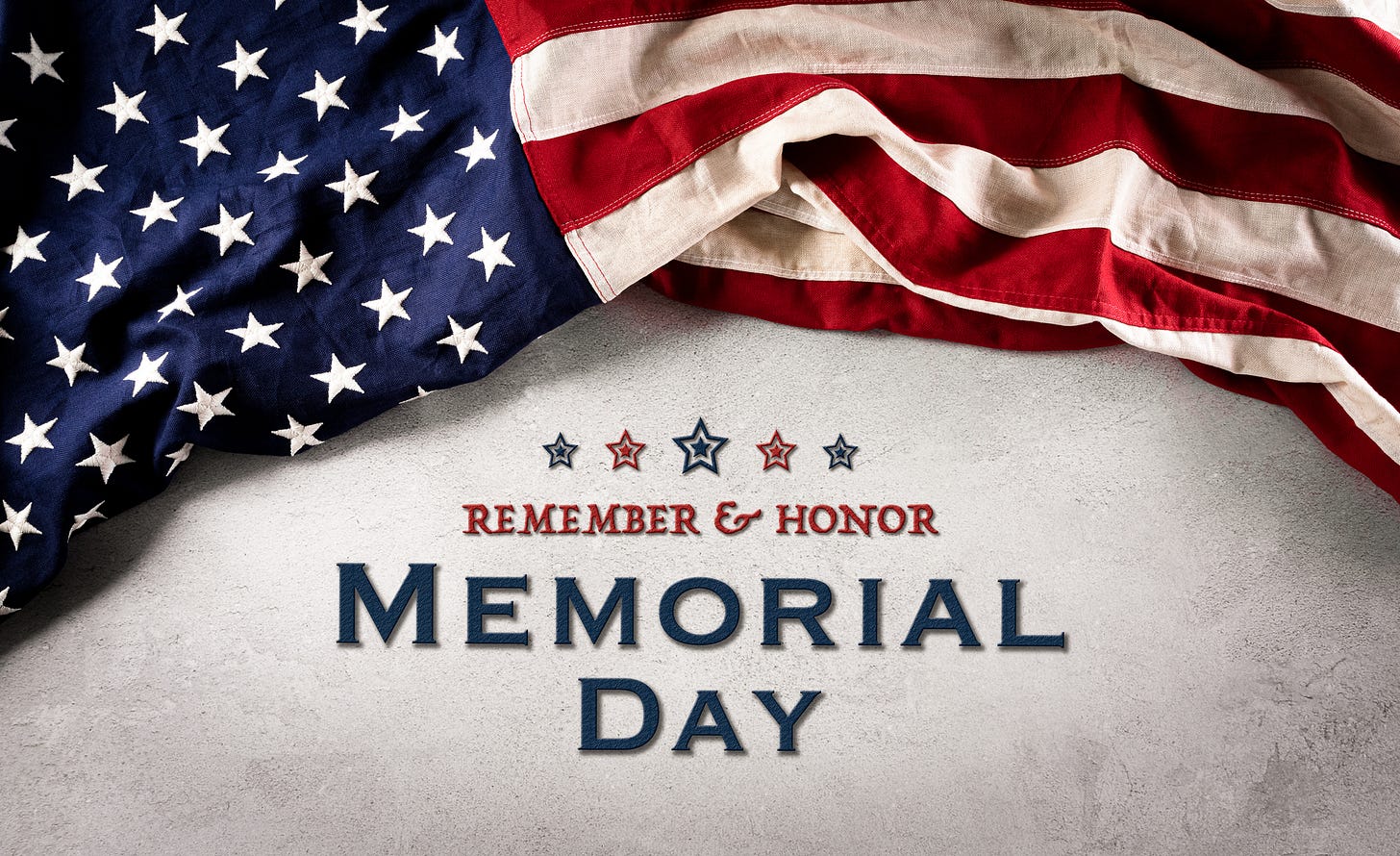Memorial Day is more than just the unofficial start to summer or a day off work. It’s a solemn and meaningful national holiday dedicated to honoring the men and women of our Armed Forces who gave their lives in service to their country. Celebrated each year on the last Monday of May, Memorial Day is a time for reflection, remembrance, and gratitude.
The roots of Memorial Day trace back to the years following the American Civil War, one of the bloodiest conflicts in U.S. history. In the aftermath of the war, communities across the country began holding springtime tributes to honor fallen soldiers by decorating their graves with flowers and flags. This practice became known as Decoration Day.
The first widely recognized observance took place on May 30, 1868, when General John A. Logan, leader of a Union veterans’ group, called for a nationwide day of remembrance. That year, thousands gathered at Arlington National Cemetery, where flowers were laid on the graves of both Union and Confederate soldiers.
Over time, Decoration Day evolved into what we now know as Memorial Day. Following World War I, the holiday expanded to honor all American military personnel who died in any war, not just the Civil War. In 1971, Memorial Day was officially recognized as a federal holiday and its observance was moved to the last Monday in May.
While Memorial Day is often associated with cookouts, parades, and the start of summer, its true purpose is deeply rooted in honoring sacrifice. It’s a day set aside to remember those who gave their lives so others could live in freedom and peace.
The difference between Memorial Day and Veterans Day is important: Memorial Day specifically honors those who died in military service, while Veterans Day recognizes all who served. On Memorial Day, flags are flown at half-staff until noon and many observe a moment of silence at 3:00 p.m. local time, as a national act of unity and remembrance.
People observe Memorial Day in many ways, for example:
* Visiting cemeteries and placing flags or flowers on the graves of fallen service members
* Participating in or watching Memorial Day parades, often led by veterans and military personnel
* Attending remembrance ceremonies at war memorials or monuments
* Listening to or performing patriotic music that honors those who served
* Sharing stories of loved ones who gave their lives in service
Schools, churches, and communities also often host educational events to help younger generations understand the meaning behind the day.
Memorial Day serves as a powerful reminder that the freedoms we enjoy come at a cost. It offers a chance to pause, reflect, and show gratitude to those who made the ultimate sacrifice.
In a world that moves too fast, Memorial Day urges us to slow down, remember our history, and honor the brave individuals who laid down their lives for the values we hold dear.
In health & happiness,
Amazon | Real Life Newsletter | YouTube | LinkedIn | Facebook | Twitter | Instagram | Goodreads | Website | Mastodon | Writers Perch Newsletter
Jill Reid is the author of Real Life, Discover Your Personal Truth, Life in Small Doses, and Please God, Make Me A Writer. Her books, videos, and newsletter explore life, relationships, self-improvement, health, and personal success strategies for working through the challenges of everyday life.







